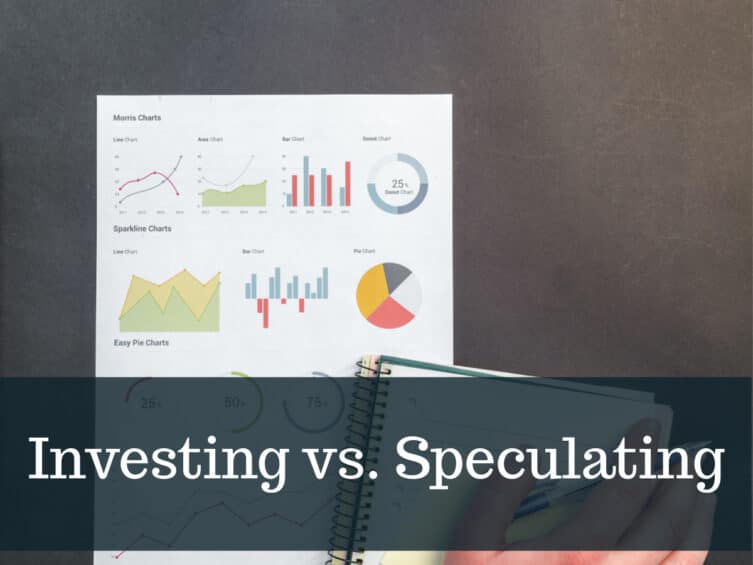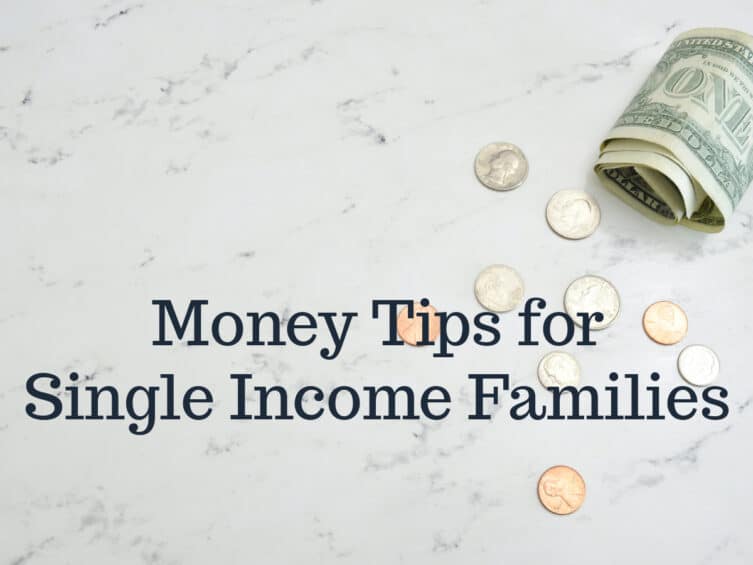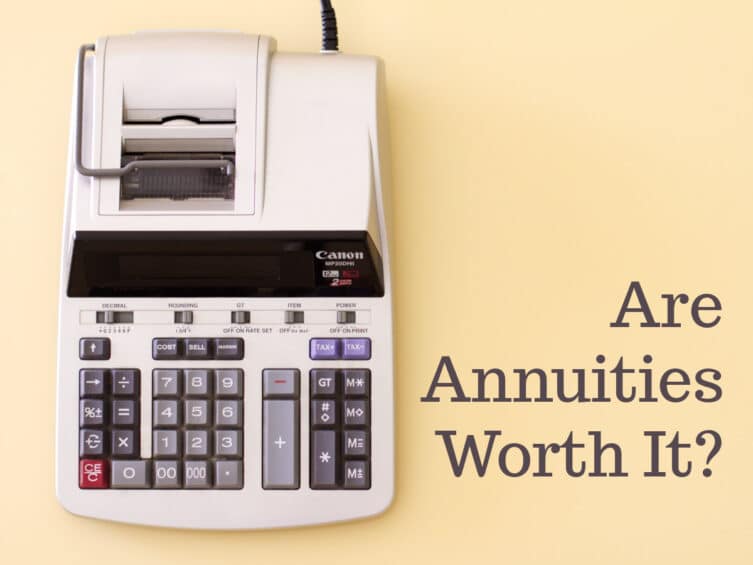When you donate money to charity, it not only can make a big difference in someone’s life, it can also reduce your tax liability by lowering your taxable income. Contributions are tax deductible only if made to a qualified organization.
Are you wondering how charitable contributions can affect your finances? Keep reading to find out how giving to charity can benefit your funds. Read More












